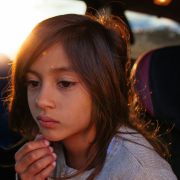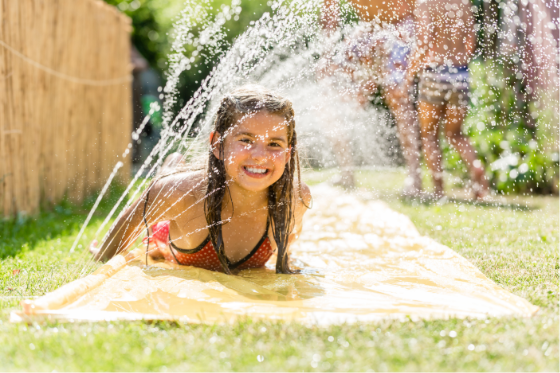A disturbing editorial from the UK suggests that:
children are experiencing additional harm due to social isolation, lack of protective school placements, increased anxiety and a drop in service provision from health services
Due to the COVID-19 pandemic.
With many families experiencing home isolation and physical distancing, Play Australia is concerned about the impact this is having on children’s mental health, now more than ever. Prior to the pandemic, the Australian Department of Health (Head to Health) reported that 1 in 7 children experience a mental illness.
Barbara Champion, Executive Director of Play Australia says:
I am concerned about the health and wellbeing of our children and young people, particularly during this time of upheaval. We need governments and families to recognise the importance of embedding play into everyone’s daily lives, so that better mental health and life outcomes will be achieved.
Beyond Blue says:
Early life is a recognised critical period for developing skills and competencies that enable positive mental health, and also as a period for identifying mental health issues before they progress to become clinical disorders. Supporting the physical health of children and young people can provide benefits for mental health.

The Raising Children website provides some signs to look out for as a check on children's mental health. Remembering that it is quite normal for children to have ups and downs. It's when the downs are more pronounced and start affecting other parts of daily life that this could indicate mental health issues. If signs continue for more than a few weeks, it could be time to seek professional help.
Some behavioural signs to look out for if a child:
- has repeated tantrums or consistently behaves in a defiant or aggressive way
- seems sad or unhappy, or cries a lot
- is afraid or worried a lot
- gets very upset about being separated from you, or avoids social situations
- starts behaving in ways that he’s outgrown, like sucking his thumb or wetting the bed
- has trouble paying attention, can’t sit still or is restless
(developed as a guide for 3-8yrs old)
So what can we do to support our children through these unsettling and disruptive times to help promote better mental health and wellbeing?
Reach Out reminds us 'Let's be real' about what we can and can't control within a worldwide pandemic. They say to give ourselves some credit as these are tough times. So much of the COVID-19 disruption is outside of our control, impacting our lives from the social restrictions, the health outcomes, work and finances. You know the saying 'a problem shared is a problem halved', well this reminds us to feel comfortable that we are not in this alone, so many others will be feeling the same.
Reach Out recommends to create what they call 'stability rocks' that are relevant for children and adults. For example:
- waking up at the same time every day
- eating regular meals
- going to bed at the same time
- doing some form of exercise every morning
- reaching out to a friend each day

(Photo by Malvestida Magazine on Unsplash)
Journalist Richard Louv has coined nature-deficit disorder as a 'nonmedical condition that suggests spending less time outdoors can contribute to behavioural changes in children'. During these times of the pandemic this could certainly be heightened if we are not taking children outside to play.

(Photo by Riley Crawford on Unsplash)
Play Australia's latest research review, undertaken by Latrobe University and the Centre for Sport and Social Impact, confirms:
Play is linked to improved mental health and wellbeing and to better physical health, resulting in happier, more confident children who are better at dealing with stress.
You can become part of the movement that protects the rights of children to play today and every day, so we can all experience a better tomorrow. Subscribe to our eNews here, or become a Play Australia member here. We all have a part to play!
For your information, please do not hesitate to contact these providers for support:
- headspace https://headspace.org.au/
- ReachOut https://au.reachout.com/
- Kids Helpline https://kidshelpline.com.au/
- Lifeline https://www.lifeline.org.au/
- Raising Children https://raisingchildren.net.au/


